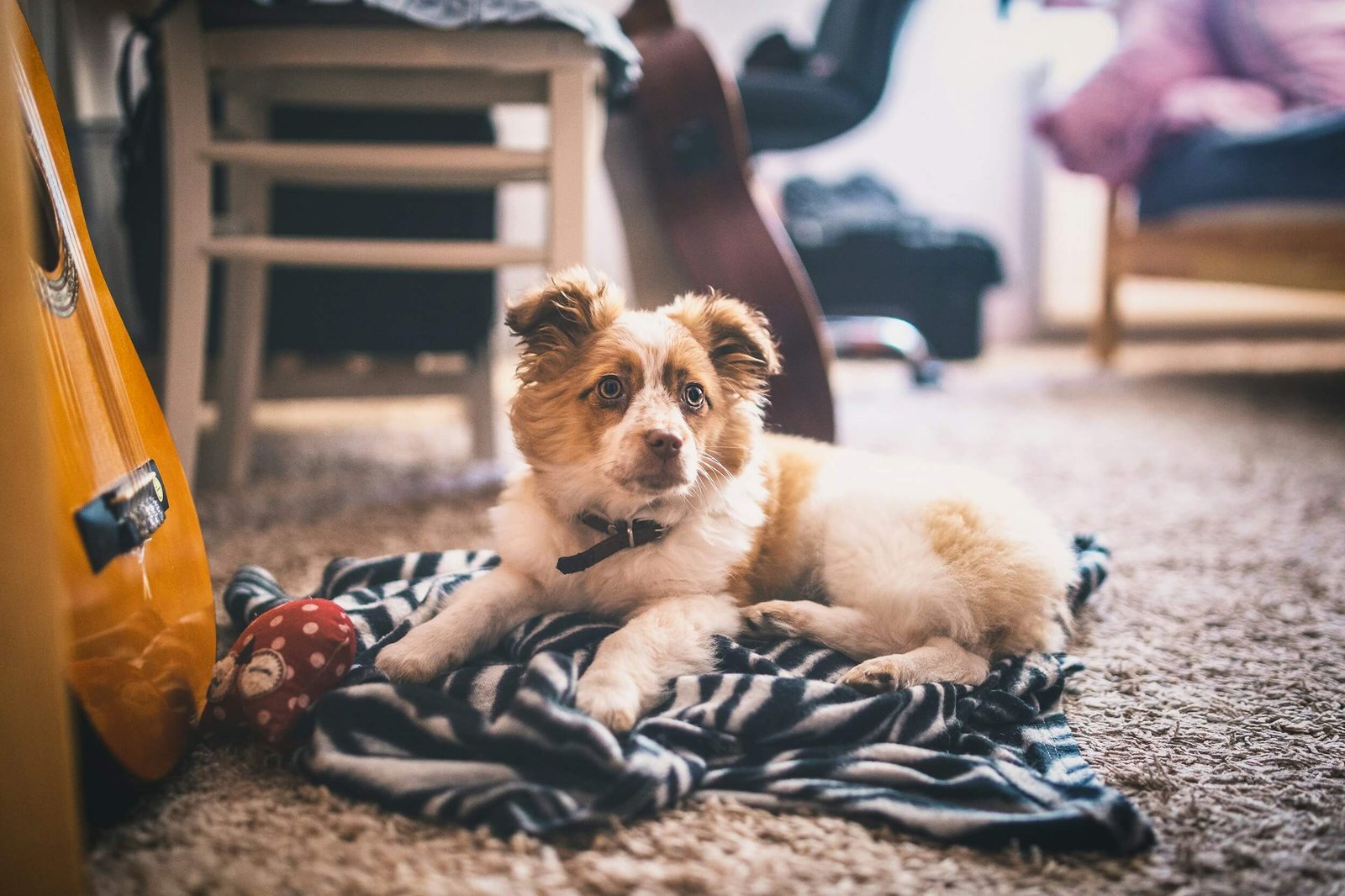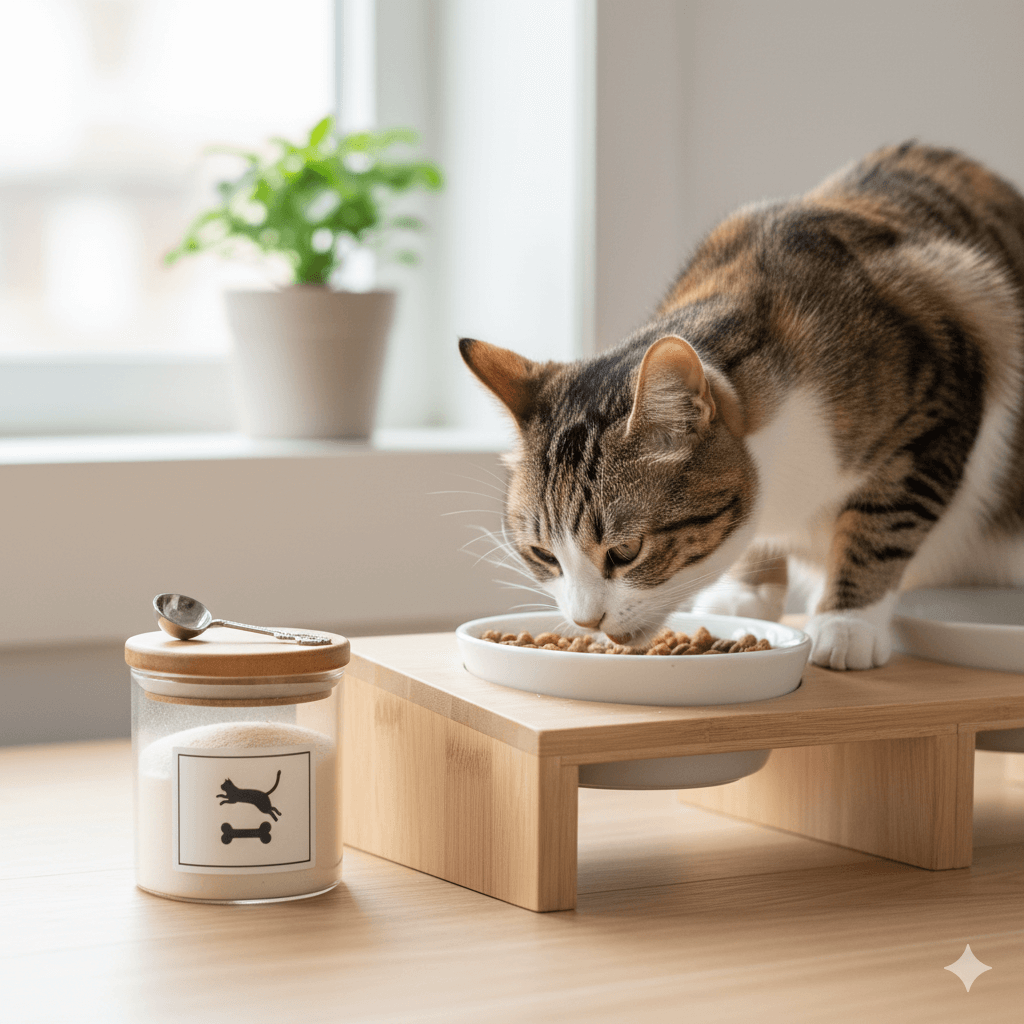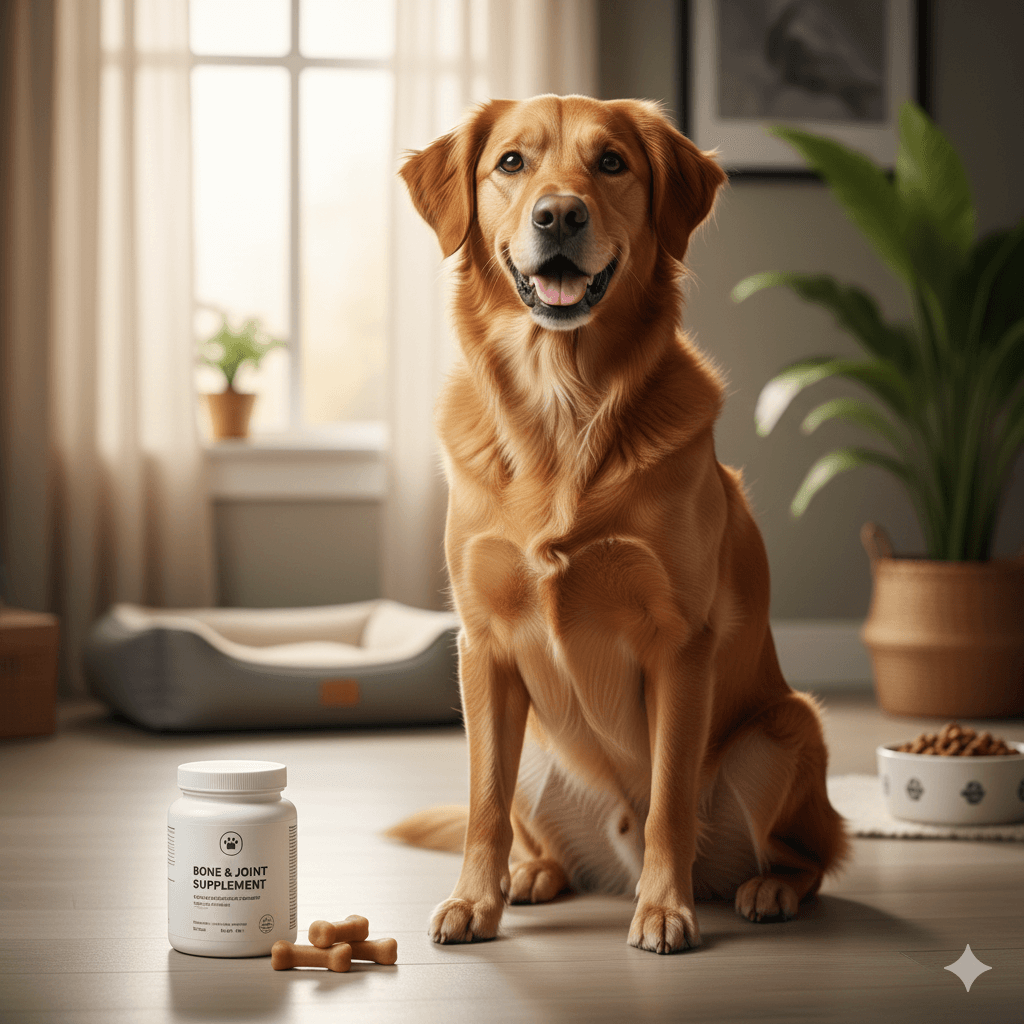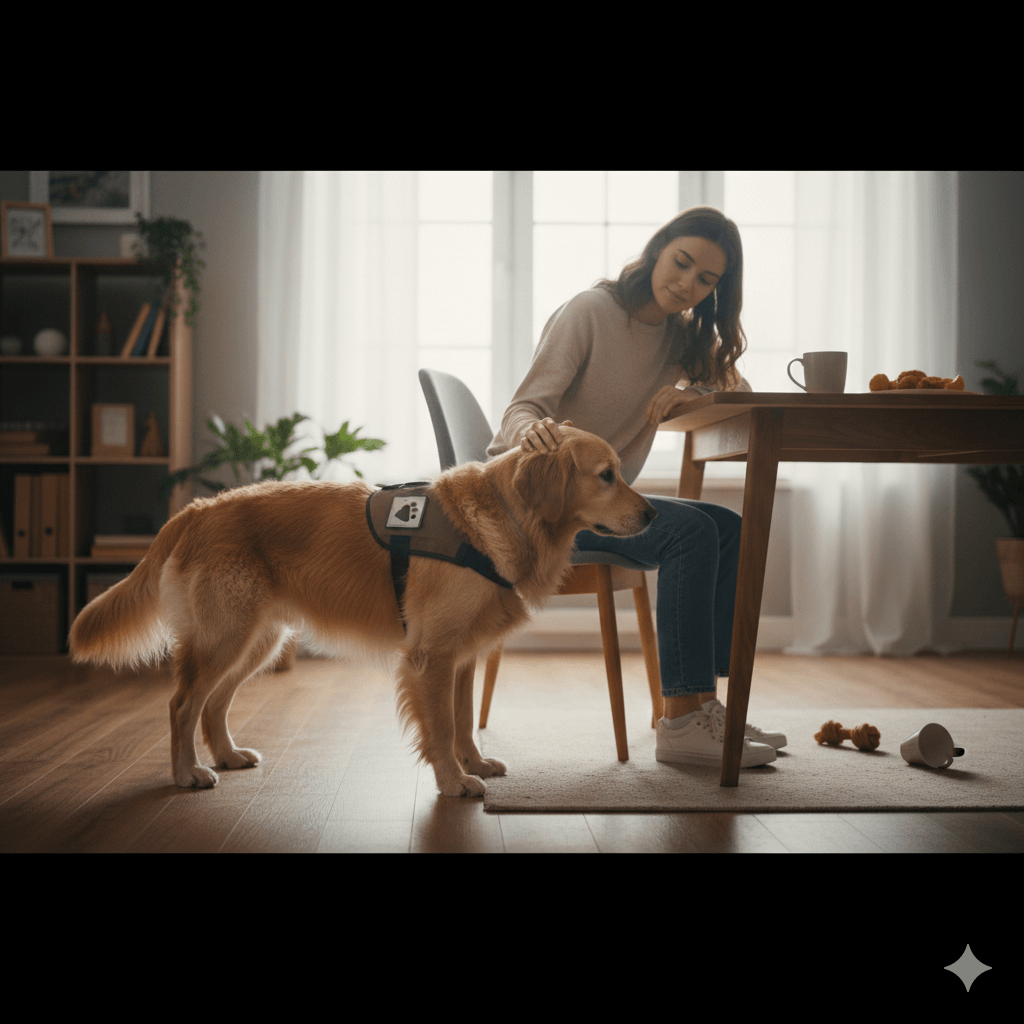Why Does My Dog Lick the Carpet?
If you’ve ever caught your dog licking the carpet, you might have wondered what’s driving this peculiar behavior. While it may seem harmless at first, excessive carpet licking can sometimes signal underlying issues that need attention. Dogs use their mouths to explore the world, but repetitive licking often goes beyond curiosity. Understanding why your dog engages in this behavior is key to ensuring their well-being and addressing any potential concerns. In this blog post, we’ll delve into the possible reasons behind carpet licking, how to manage it, and when to seek professional advice.
Common Reasons Why Dogs Lick Carpets
Dogs lick carpets for a variety of reasons, ranging from boredom to medical conditions. Identifying the root cause is the first step toward addressing the behavior effectively.
Boredom or Lack of Stimulation:
Dogs with insufficient mental or physical activity may resort to licking as a way to entertain themselves.Anxiety or Stress:
Carpet licking can serve as a self-soothing mechanism for dogs experiencing anxiety or stress.Taste or Smell Attraction:
Residual food spills, cleaning products, or scents on the carpet may attract your dog’s attention.Gastrointestinal Issues:
Nausea, acid reflux, or other digestive problems can trigger carpet licking as a coping mechanism.Compulsive Behavior:
Some dogs develop obsessive habits, such as licking surfaces, due to genetic predispositions or learned behaviors.
By understanding these motivations, you can take targeted steps to address the behavior and improve your dog’s quality of life.

How to Address Carpet Licking Behavior
Once you’ve identified why your dog licks the carpet, it’s time to implement strategies to redirect or eliminate the behavior. Here are some practical tips to help you get started.
Increase Physical Exercise:
Ensure your dog gets enough daily exercise through walks, playtime, or interactive games to reduce boredom-related licking.Provide Mental Stimulation:
Puzzle toys, treat-dispensing toys, and training sessions can keep your dog mentally engaged and less likely to lick out of boredom.Create a Calm Environment:
Minimize stressors in your home by maintaining a consistent routine and using calming aids like pheromone diffusers if needed.Clean the Carpet Thoroughly:
Remove any lingering odors or residues that might be attracting your dog’s attention by using pet-safe cleaning products.Redirect the Behavior:
When you catch your dog licking the carpet, gently redirect them to an appropriate activity, such as chewing on a toy or playing fetch.
With patience and consistency, these strategies can help curb unwanted carpet licking and encourage healthier habits.
Check this guide 👉Dog Licking Red Bump on Paw: Best 7 Expert Tips!
Check this guide 👉Why Does My Dog Lick My Knees? Best 7 Expert Tips!
Check this guide 👉Why Does My Dog Lick My Cat? Best 7 Behavior Tips!
Possible Causes of Carpet Licking | Solutions to Address the Behavior |
|---|---|
Boredom or lack of stimulation | Increase exercise and mental enrichment |
Anxiety or stress | Create a calm environment and routine |
Taste or smell attraction | Clean carpets regularly with pet-safe cleaners |
Gastrointestinal issues | Consult a vet for dietary adjustments |
Compulsive behavior | Redirect focus and consult a behaviorist |
Signs Your Dog’s Carpet Licking May Be a Medical Issue
While occasional carpet licking is usually harmless, persistent or obsessive licking could indicate an underlying health problem. Be on the lookout for these signs that warrant a visit to the vet.
Excessive Drooling:
If your dog drools excessively while licking the carpet, it could signal nausea or digestive discomfort.Weight Loss or Appetite Changes:
Sudden changes in eating habits or unexplained weight loss may point to gastrointestinal issues.Vomiting or Diarrhea:
Frequent episodes of vomiting or diarrhea often accompany digestive problems linked to carpet licking.Lethargy or Discomfort:
A lack of energy or visible signs of pain suggest your dog may not be feeling well.Obsessive Behavior Despite Intervention:
If attempts to redirect the behavior fail and the licking persists, it could indicate a compulsive disorder requiring professional help.
Recognizing these symptoms early allows you to address potential health concerns before they escalate.
Preventing Carpet Licking in the Future
Prevention is always better than cure. By taking proactive measures, you can reduce the likelihood of your dog developing a habit of licking the carpet.
Establish a Routine:
Dogs thrive on consistency. A predictable schedule for feeding, walking, and playtime can minimize stress-related behaviors.Offer Chew Alternatives:
Provide plenty of safe chew toys and bones to satisfy your dog’s natural urge to gnaw and lick.Supervise Closely:
Keep an eye on your dog during high-risk times, such as after meals or when left alone, to intervene quickly if licking occurs.Use Positive Reinforcement:
Reward your dog for engaging in desirable behaviors instead of carpet licking to reinforce good habits.Address Separation Anxiety:
If your dog licks the carpet primarily when left alone, work on desensitization techniques to ease separation anxiety.
By implementing these preventative measures, you can foster a healthier and more harmonious relationship with your furry friend.
Additional Tips for Reducing Anxiety-Related Licking
Anxiety is a common trigger for carpet licking, but there are ways to soothe your dog’s nerves and reduce this behavior. These tips focus on creating a secure and comforting environment.
Stick to a Predictable Schedule:
Dogs find comfort in routine. Feed, walk, and play with your dog at the same times each day.Use Calming Products:
Items like anxiety wraps or calming sprays can help ease your dog’s stress levels.Limit Exposure to Triggers:
Identify and minimize exposure to situations or stimuli that make your dog anxious, such as loud noises or unfamiliar guests.Practice Desensitization Techniques:
Gradually expose your dog to stressful scenarios in controlled doses to build their tolerance over time.Seek Professional Help if Needed:
A certified animal behaviorist can provide tailored strategies for managing severe anxiety.
By addressing anxiety proactively, you can significantly reduce stress-induced carpet licking.
Safe Alternatives to Carpet Licking
Redirecting your dog’s focus to safer and more appropriate activities can help break the carpet-licking habit. These alternatives satisfy their natural instincts without causing harm.
Interactive Toys:
Toys that dispense treats or require problem-solving engage your dog’s mind and body simultaneously.Chew Bones or Dental Chews:
Offer durable chew items designed to withstand heavy licking and gnawing.Frozen Treats:
Freeze peanut butter (xylitol-free) or yogurt in a Kong toy for a long-lasting distraction.Snuffle Mats:
These textured mats encourage sniffing and licking in a controlled, mess-free way.Training Sessions:
Teach new commands or tricks to channel your dog’s energy into productive learning experiences.
Providing suitable outlets for licking ensures your dog stays entertained and fulfilled.
When to Involve a Veterinarian
While many cases of carpet licking are behavioral, some require veterinary intervention. Knowing when to consult a professional ensures your dog receives timely care.
Persistent Licking Despite Training Efforts:
If behavior modification techniques fail, a vet can assess for underlying medical or psychological causes.Unexplained Weight Loss or Vomiting:
These symptoms may indicate gastrointestinal issues that need immediate attention.Signs of Pain or Discomfort:
Limping, whining, or reluctance to move could signal conditions like arthritis or abdominal pain.Obsessive Licking Leading to Self-Harm:
Excessive licking that results in skin irritation or injury requires urgent evaluation.Sudden Behavioral Changes:
Any abrupt shift in behavior, including increased carpet licking, warrants a vet visit to rule out serious conditions.
Involving a veterinarian ensures your dog’s health and happiness remain a top priority.
Frequently Asked Questions About Dogs Licking Carpets
Is it normal for dogs to lick carpets?
Occasional carpet licking is generally normal, but frequent or obsessive licking may indicate boredom, anxiety, or a medical issue.
Can carpet licking harm my dog?
Yes, if the carpet contains toxic substances or if the behavior stems from an untreated medical condition, it can pose risks to your dog’s health.
Should I punish my dog for licking the carpet?
Punishment is not recommended, as it can increase anxiety. Instead, focus on positive reinforcement and redirection.
When should I consult a vet about this behavior?
Consult a vet if the behavior is persistent, accompanied by other symptoms, or interfering with your dog’s quality of life.
How can I stop my dog from licking the carpet?
Provide mental and physical stimulation, remove triggers, and consider professional guidance if needed.
Understanding and Managing Carpet Licking in Dogs
Carpet licking is a common yet often misunderstood behavior in dogs. By exploring its causes—whether rooted in boredom, anxiety, or health issues—you can take meaningful steps to address and prevent it. Remember, patience and observation are key. With the right approach, you can help your dog overcome this habit and ensure their physical and emotional needs are met. Whether through increased exercise, dietary changes, or professional guidance, supporting your dog’s well-being strengthens the bond you share and creates a happier, healthier home for everyone.
Understanding Bone Supplement for Cats: Best 7 Expert Tips! – Safe, vet-approved guidance for strong feline bones & balanced nutrition.
Bone Supplement for Dogs: Best 7 Expert Tips! – Expert guide to calcium, collagen & bone health for every life stage.
Understanding Can Cats Get Sunburn: Best 7 Expert Tips! – Protect your feline from UV damage with vet-backed prevention strategies.
How to Train a Seizure Alert Dog: Best 7 Expert Tips! – Learn expert-backed steps to nurture natural instincts into reliable, life-saving seizure alerts.





